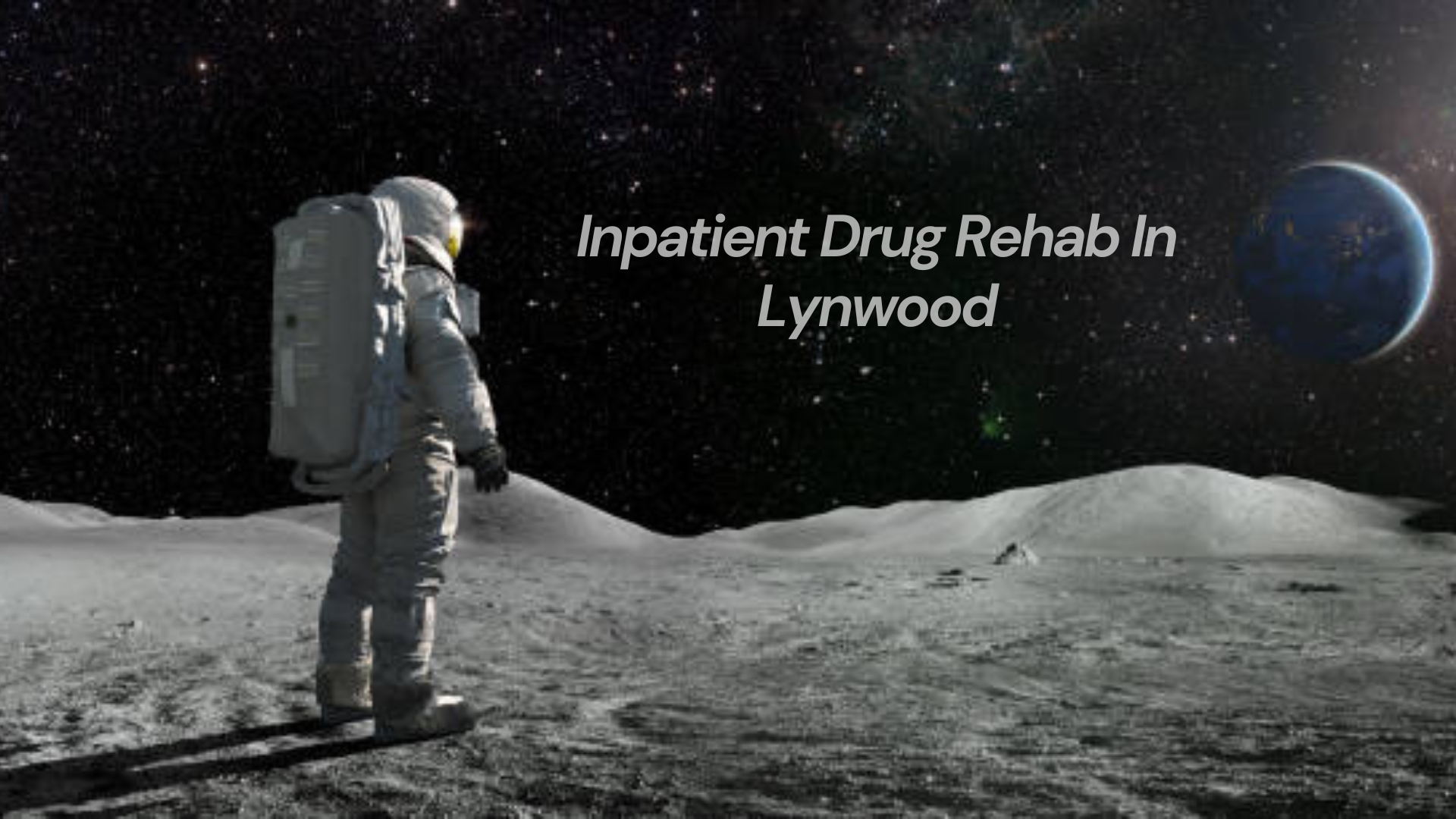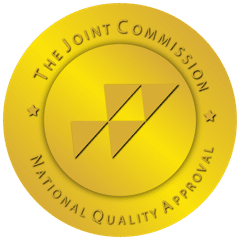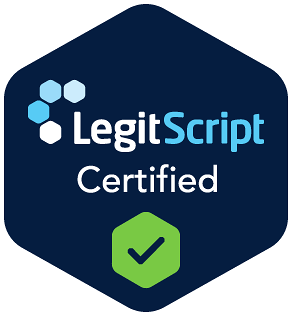Addiction is a complex and challenging disease that affects individuals from all walks of life. For those struggling with substance abuse, seeking professional help is often the first step towards recovery. Residential addiction treatment programs in Anaheim, CA, offer a supportive and structured environment where individuals can receive comprehensive care and support on their journey to sobriety.
In this article, we’ll provide an in-depth overview of residential addiction treatment programs in Anaheim, highlighting their benefits, therapeutic environment, types of therapies offered, the role of medical professionals, and aftercare planning. Lift Off Recovery in Anaheim, California, specializes in residential addiction treatment programs, offering compassionate care and comprehensive support to individuals on their journey to recovery.
Residential Addiction Treatment Services
Overview of Residential Addiction Treatment Programs and Their Benefits
Residential addiction treatment programs, also known as inpatient rehab, provide intensive and round-the-clock care for individuals struggling with substance abuse disorders. These programs offer a structured environment where individuals can focus solely on their recovery without the distractions and triggers of everyday life. Residential treatment typically involves living onsite at a treatment facility for a designated period, which can range from a few weeks to several months, depending on the individual’s needs and progress.
One of the primary benefits of residential addiction treatment is the immersive and supportive environment it provides. Clients are surrounded by trained professionals and peers who understand their struggles and can offer encouragement and support throughout the recovery process. Additionally, residential treatment programs offer a wide range of therapeutic interventions and support services designed to address the physical, psychological, and emotional aspects of addiction.
The Therapeutic Environment of Residential Treatment Centers
Residential treatment centers create a therapeutic environment that fosters healing and recovery. These facilities are designed to be safe, comfortable, and conducive to personal growth and introspection. Clients have access to a variety of amenities and resources, including comfortable living accommodations, nutritious meals, recreational activities, and outdoor spaces for relaxation and reflection.
The supportive and structured nature of residential treatment centers allows individuals to focus on their recovery without the distractions and stressors of their everyday lives. Clients participate in a structured daily schedule that includes therapy sessions, educational workshops, fitness activities, and recreational outings. The therapeutic environment encourages accountability, self-reflection, and personal responsibility, empowering individuals to take ownership of their recovery journey.
Types of Therapies Offered in Residential Addiction Treatment
Residential addiction treatment programs utilize a variety of therapeutic approaches to address the complex nature of addiction and promote lasting recovery. Some of the most common therapies offered in residential treatment include:
- Individual Counseling: One-on-one counseling sessions with a trained therapist or counselor allow clients to explore underlying issues, set goals for recovery, and develop coping skills to manage cravings and triggers.
- Group Therapy: Group therapy sessions provide an opportunity for clients to connect with peers, share experiences, and receive support and feedback in a safe and non-judgmental environment. Group therapy promotes camaraderie, empathy, and a sense of community among clients.
- Holistic Approaches: Many residential treatment programs incorporate holistic therapies such as yoga, meditation, art therapy, and mindfulness practices to promote overall well-being and enhance the mind-body connection. These holistic approaches can help individuals reduce stress, increase self-awareness, and cultivate a sense of inner peace.
- Family Therapy: Family therapy sessions involve the client’s loved ones in the recovery process, addressing family dynamics, communication patterns, and relationship issues that may contribute to addiction. Family therapy helps repair and strengthen familial bonds and provides a supportive network for the client’s ongoing recovery.

The Role of Medical Professionals in Residential Treatment
In addition to therapeutic interventions, residential addiction treatment programs also offer medical support and supervision to ensure the safety and well-being of clients. Medical professionals, including doctors, nurses, and psychiatrists, play a crucial role in the assessment, diagnosis, and treatment of addiction-related medical issues.
One of the key components of residential treatment is medical detoxification, which involves the supervised withdrawal from drugs or alcohol under medical supervision. Medical detox helps manage withdrawal symptoms and complications, ensuring a safe and comfortable detoxification process. In addition to detoxification, medical professionals may also provide medication-assisted treatment (MAT) for individuals struggling with opioid or alcohol addiction, which combines medication with counseling and behavioral therapies to support recovery.
Aftercare Planning and Support
Residential addiction treatment programs place a strong emphasis on aftercare planning and support to help individuals transition successfully back to their communities after completing treatment. Aftercare may include ongoing therapy, support group meetings, sober living arrangements, vocational training, educational programs, and referral to community resources and support services.
Aftercare planning is tailored to the individual’s needs and may involve collaboration with family members, employers, and other stakeholders to ensure a smooth transition and continued support. The goal of aftercare is to provide individuals with the tools, resources, and support they need to maintain their sobriety and lead fulfilling lives in recovery.
Residential addiction treatment programs at Lift Off Recovery
Residential addiction treatment programs in Anaheim, CA, offer a comprehensive and supportive pathway to recovery for individuals struggling with substance abuse disorders. These programs provide a structured and immersive environment where individuals can receive intensive care and support to address the physical, psychological, and emotional aspects of addiction.
With a variety of therapeutic interventions, medical support, and aftercare planning, residential treatment programs empower individuals to overcome addiction, reclaim their lives, and build a foundation for lasting sobriety and well-being. If you or someone you know is struggling with addiction, don’t hesitate to reach out for help and take the first step towards a brighter future.

- What is a residential addiction treatment program?
A residential addiction treatment program, also known as inpatient rehab, provides intensive and round-the-clock care for individuals struggling with substance abuse disorders. Clients live onsite at a treatment facility and receive comprehensive care and support to address their addiction.
- How long does residential addiction treatment last?
The duration of residential addiction treatment varies depending on the individual’s needs and progress. Programs can range from a few weeks to several months.
- What are the benefits of residential addiction treatment?
Residential addiction treatment offers a supportive and structured environment where individuals can focus solely on their recovery without the distractions of everyday life. It provides comprehensive care, therapeutic interventions, and medical support to address the physical, psychological, and emotional aspects of addiction.
- What types of therapies are offered in residential addiction treatment?
Residential addiction treatment programs offer a variety of therapies, including individual counseling, group therapy, holistic approaches (such as yoga and meditation), family therapy, and specialized therapies tailored to the individual’s needs.
- What is the role of medical professionals in residential treatment?
Medical professionals, including doctors, nurses, and psychiatrists, play a crucial role in the assessment, diagnosis, and treatment of addiction-related medical issues. They provide medical supervision, manage withdrawal symptoms during detoxification, and may offer medication-assisted treatment (MAT) for certain types of addiction.
- Is residential addiction treatment confidential?
Yes, residential addiction treatment programs prioritize client confidentiality and adhere to strict privacy laws and regulations to protect clients’ confidentiality and privacy.
- How do I know if residential addiction treatment is right for me or my loved one?
Residential addiction treatment may be appropriate for individuals who require intensive care and support to address their addiction and related issues. A comprehensive assessment by a qualified treatment professional can help determine the most appropriate level of care.
- What happens after completing residential addiction treatment?
After completing residential addiction treatment, individuals typically participate in aftercare planning and support to help them transition successfully back to their communities. Aftercare may include ongoing therapy, support group meetings, sober living arrangements, vocational training, and referral to community resources.
- Are there different types of residential addiction treatment programs?
Yes, there are different types of residential addiction treatment programs, including gender-specific programs, programs for specific populations (such as veterans or LGBTQ+ individuals), and programs that specialize in treating co-occurring mental health disorders.
- How can I find a reputable residential addiction treatment program in Anaheim, CA?
Researching online, seeking recommendations from healthcare professionals, and contacting local treatment facilities are effective ways to find reputable residential addiction treatment programs in Anaheim, CA. It’s essential to consider factors such as accreditation, licensing, staff qualifications, treatment approaches, and amenities when choosing a program.






